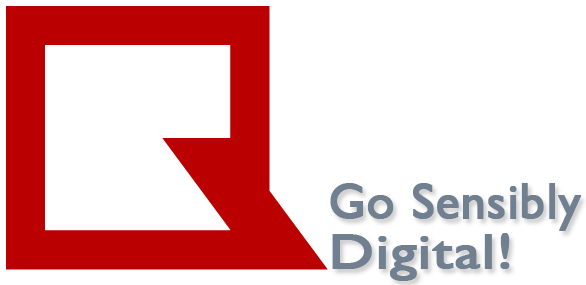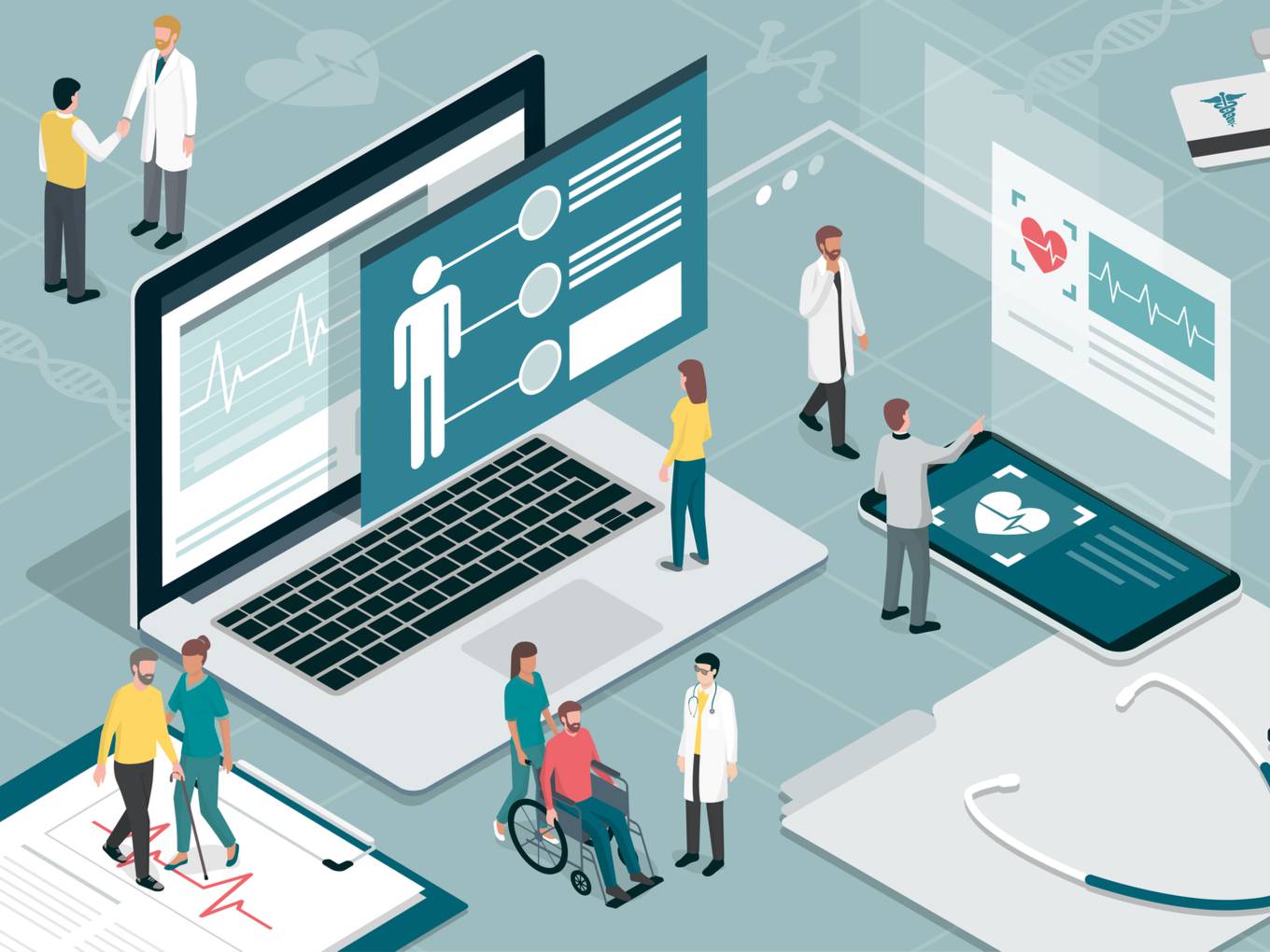According to statistics, it has been estimated that more than 75% patients are expected to use digital services in healthcare sector in near future. This statistic does not talk about a particular age group. Digital services expected to be used by all age groups. When we talk about Digital Healthcare, what does it actually mean? It is all about the convergence of technologies with healthcare to accelerate and make healthcare service more efficient. Now, the questions arise up that How we can keep up with Digital Healthcare?
The first way to look this question is to – We are living in a mobile age. We are no more static. We do not use telegrams to communicate to each other. Then why not, healthcare sector goes mobile one. It means, as per the need of consumer in the particular time at the particular location even on the go, healthcare sector must be committed to serve. This all can be summarized as prioritizing on-demand healthcare and exploring the mobile healthcare.
Big Data can be a savior. Big data and its analysis can help the healthcare sector to recommend preventive measures to avoid re-admission of patients. The Blockchain powered medical records will be accessible to healthcare professionals to get any required information regarding any patient which can help to recommend them proper medication. Various aspects of Business Analytics in the process of digitization of healthcare sector can be used. Predictive Analysis can be used to estimate future admission rates and which will help in managing the staffing process.
Virtual Reality or VR uses is not limited to enjoying 3D horror movies. VR technology can play a vital role in digitizing healthcare sector. VR can be used by doctors to understand the actual problems of patients and it can also be used as communication tool to engage consumers with upcoming and ongoing products and services.
When we talk about data analytics, it means we need the basic data to process it. And here it comes wearables which collect the health data. Around 80% of consumers are willing to wear smart watches that measure health data which can be processed later to arrive on a logical decision. These smart devices can also be customized as per the consumer needs. Generally, they engage consumer towards healthcare experiences, even offers gamification opportunities for engagement.
Technological advancement can’t be completed without taking Artificial Intelligence into consideration. The present is getting ready to welcome future with AI. AI technology helps us to enable any artificial system to think like human. In terms of digitizing healthcare segment, it can help to enable Chatbots and virtual assistants which can help the consumers with general what-abouts. It can suggest the diagnostics and therapies as per the information given by patients. Furthermore, AI can revolutionize the development in healthcare sector by assisting in precision medicine, genomics and drug discovery. It can help healthcare professionals to precise their recommendation by analyzing the genetic makeup of a patient. Preventive Solutions can be digitized and accessible on the health dashboard of each patients.
As, it has always been a challenge to build Digital health Solutions. There are several ways seen through which the challenge can be overcome:
- Fetal Health – Fetal health is very much important for fetus and mother’s health too. Where a dashboard can be created and in it all vitals about fetal will be shown to analyses its health, its movements and maternal contractions.
- Bridging the Data gap in maternal health – Health of pregnant mother is very crucial for the fetus health. Collecting and visualizing all required data regarding health on a large dashboard can help healthcare professionals to take more informed decision.
- Healthcare Analytics for school kids – Preventive healthcare analytics can be introduced for school going kids. A dashboard with all the required information regarding child health will be visible to school, parents and the healthcare professional to check a view on the over all health of kid. BMI, symptoms checker, comparison chart write to peers, and data integration with third party apps can be helpful tools to check kids’ health.
- On Demand doctor appointment and complete medical history can be recorded and can be accessed through a unified mobile app which can help doctors to assess the patients correctly. The mobile app can help in communicating with doctors over texts and calls, hospital and doctor’s directory along with booking appointment slots and it can be also customized as per the organization needs.
- A health directory can be introduced which will help patients to schedule appointment, treatment options on discounted rates, pre book hospital rooms, health assessment and estimate.
- Hospital Information System – HIS mainly refers to management of the information of patients, hospital and over all healthcare sector which should be accessible to right person at right time. It consists digital health compliance, data privacy of patients, building an integrated ecosystem to improve digital experience and engage better with customers, machine learning which will help the system to analyses health data pattern and make predictive analytics on health symptoms to suggest lifestyle changes. All of these tools, when used together create Hospital Information system which can be used to capture and analyses the required data to empower healthcare sector to take proper and decisive actions.



